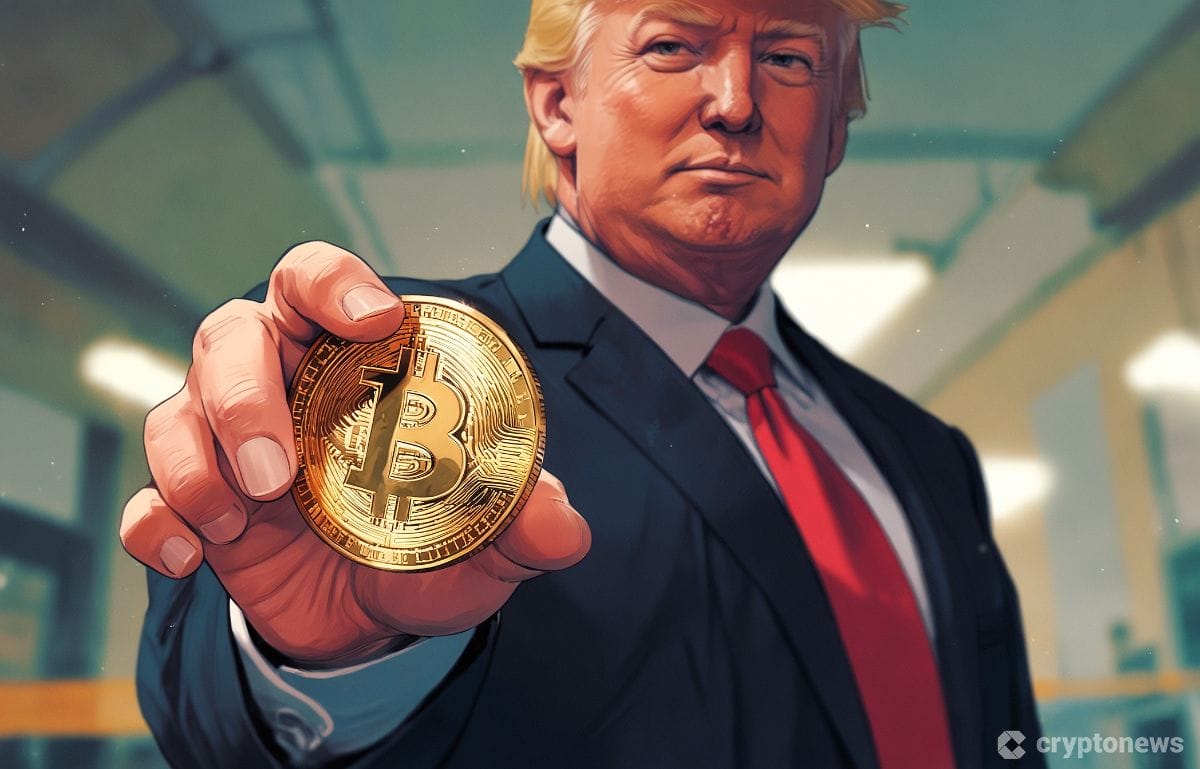
Seven issuers filed or amended applications for spot Solana exchange-traded funds (ETFs) with the U.S. Securities and Exchange Commission (SEC) on June 13, marking the latest wave of institutional interest in the Layer 1 blockchain.
Key Takeaways:
- Seven Solana ETF filings hit the SEC, including new entries and amendments from major issuers.
- Analysts say staking language in the filings could complicate approval timelines.
- Market optimism remains high, with Bloomberg projecting a 90% chance of approval by 2025.
Despite the flurry of filings, analysts warn that approval remains far from guaranteed.
“I think there needs to be a back and forth with the SEC and issuers to iron out details, so I doubt it,” Bloomberg ETF analyst James Seyffart said.
Analyst Warns Solana ETF May Face Long Road Like Bitcoin ETFs
Drawing parallels to the protracted approval process for Bitcoin ETFs, he noted, “If anyone remembers the Bitcoin ETF launch, there were A LOT of filings over the preceding couple months before launch.”
Among the June 13 filings was Fidelity’s first S-1 registration for its Solana ETF. 21Shares, Franklin Templeton, Grayscale, Bitwise, and Canary Capital also submitted amendments to existing applications, while VanEck — the first firm to file for a Solana ETF back in June — rounded out the list with an amended filing of its own.
Seyffart emphasized a key complication: staking. “All of them include staking language, I believe,” he said, underscoring that staking provisions, unlike past Bitcoin and Ether ETFs, could trigger regulatory pushback.
While Ether ETF issuers are also seeking permission to offer staking features, the SEC has yet to sign off.
Still, market sentiment appears to be shifting. Bloomberg Intelligence in April placed 90% odds on a Solana ETF approval by 2025.
And Bloomberg’s Eric Balchunas added fuel to speculation earlier this week, posting: “Get ready for a potential altcoin ETF summer with Solana likely leading the way.”
Seyffart admitted the SEC could theoretically greenlight staking features for both Solana and Ether ETFs simultaneously, but added, “I have no insight into what will actually happen.”
SEC Pushback on Staking ETFs Raises Doubts About Regulatory Direction
Last week, the SEC raised new objections to ETF proposals from REX Financial and Osprey Funds that include staking mechanisms for Solana and Ether.
The regulator argued these funds may not qualify as traditional ETFs under current rules, casting uncertainty over the future of staking-enabled investment products.
Manthan Davé of Ripple-backed Palisade said the resistance shows the SEC struggling to reconcile existing frameworks with fast-evolving crypto technologies.
Davé pointed out the contradiction in the SEC’s stance—acknowledging that staking may not be a securities activity, yet resisting products built around it. This inconsistency, he warned, risks stifling innovation and sending capital offshore.
He called for clearer guidance and modernized classifications that account for how staking underpins blockchain security and value creation. Without it, the U.S. may continue to lose ground in the digital finance race.






